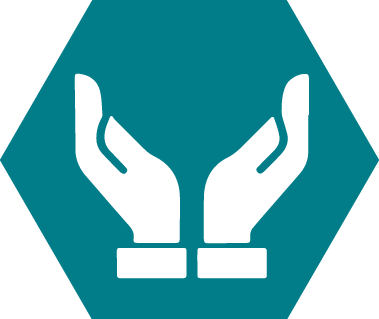The ripple effects
The impact of CLOE’s Leadership Coaching certification
By Alexandra Richter
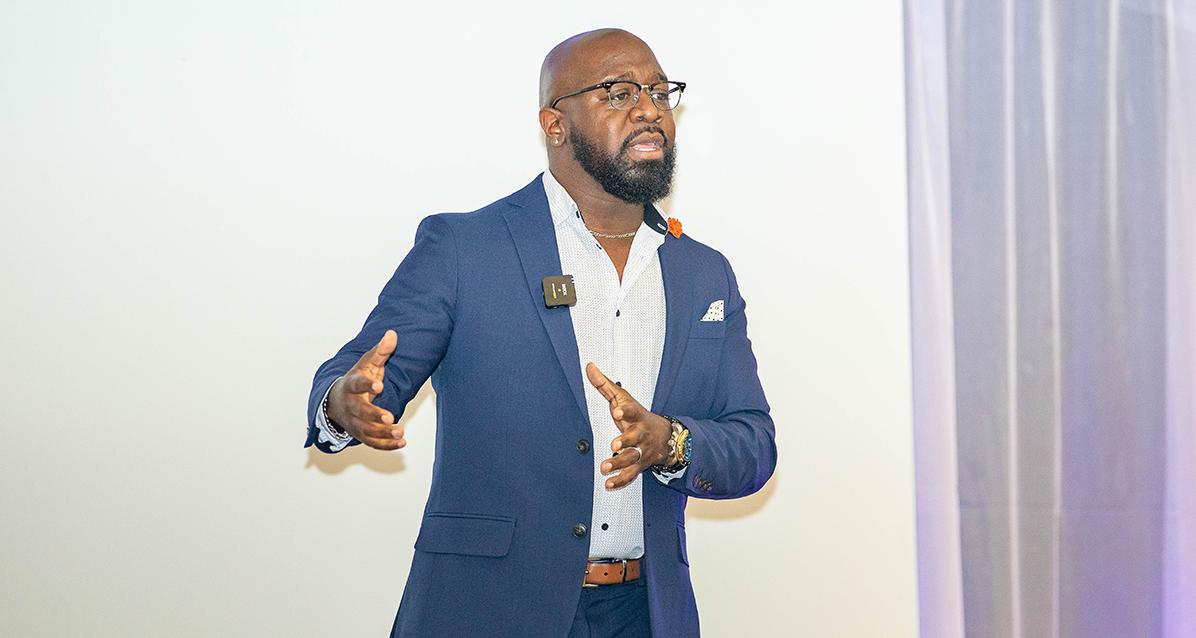
Ryan Dunlap delivers keynote at 2023 CLOE conference. Photo: Heather Bellini
The Leadership Coaching certification offered by the school’s Center for Leadership and Organizational Effectiveness (CLOE) equips participants with foundational and advanced leadership coaching skills, expertise in assessment and feedback, and hands-on experience with real-world coaching.

King
Since the program’s launch in 2020, 100 participants have been certified and are now empowering leaders and their organizations to reach their maximum potential. Today, the impact of CLOE’s Leadership Coaching certification program creates a ripple effect of influence. Graduates of the program have collectively coached more than 1,000 leaders globally, both internally within their organizations and externally as volunteers or paid coaches in such programs as Leadership Buffalo and the school’s LeaderCORE and Emerging Entrepreneurs programs.
“We’ve created a diverse ecosystem of students, faculty and thought leaders from across the globe. This enhances our opportunities to learn, share and achieve together,” says Marsha King, program co-founder and president of Polaris Leadership Consulting.
Amplifying impact
Karen Kimsey-Sward is chief operating officer of Dale Carnegie of Chicago and Northwest Indiana. When she began the Leadership Coaching certification — a micro-credential that provides graduates with a digital badge that can be shared on social media, digital résumés and e-portfolios to increase marketability and showcase abilities — she expected the program to enhance her leadership impact while elevating her coaching skills.

Kimsey-Sward
Yet, Kimsey-Sward and her cohort quickly discovered the program’s impact would extend beyond their own careers to affect their professional and personal communities as well.
“The blend of theoretical expertise with practical application exceeded my expectations,” says Kimsey-Sward. “It helped me improve how I coach my internal team as well how I coach my external clients."
The program centers around the essential concept that coaching is leveraging active listening and using assessment instruments to provide support and guidance, rather than giving advice or solving people’s problems. Ryan Dunlap, founder and chief conflict officer at Conflictish, collaborates with King on the curriculum and says the certification provides insight into the importance of self-determination.
“When you are operating in your sphere of influence, your job as a coach is not to tell someone what to do — your job is to help someone make an informed decision,” says Dunlap. “You can do that by asking good questions and sharing insight, but the ultimate goal is to be a facilitator and partner for decision making.”
Those who have been coached by Leadership Certification graduates find this philosophy empowering as they work to become their best, professionally and personally.
This core tenet also resonated with Maureen Hammett, who enrolled in the first cohort while serving as vice dean and chief of staff in the UB School of Social Work. By sharing this approach with colleagues who had teams of people they supervised, this facilitator mindset trickled down throughout the school.
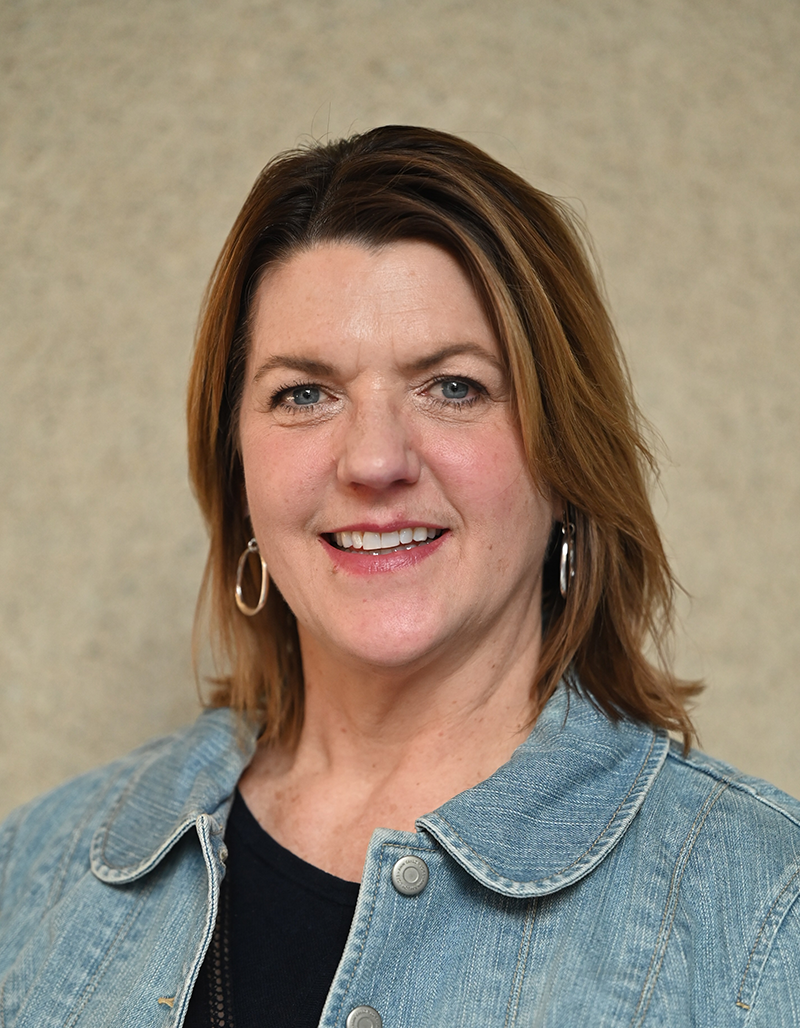
Hammett
“Before I enrolled in the Leadership Coaching certification, I was a bit more focused on being a fixer and a problem-solver. I would encourage employees to bring things to me and I would tell them how to figure it out, how to fix it, what to do,” says Hammett. “By applying the approach of being a guide and helping someone find their North Star, I would shift to what are your thoughts? What are your ideas? Have you come up with solutions, or do you have options we can run through together?”
Kimsey-Sward also impacted her professional community through her enthusiasm for this principle, and one of her direct reports subsequently enrolled in the program. And, when she hosted King on her leadership podcast “The People Place,” a podcast subscriber reached out to learn more and enroll.
Beyond geographical boundaries
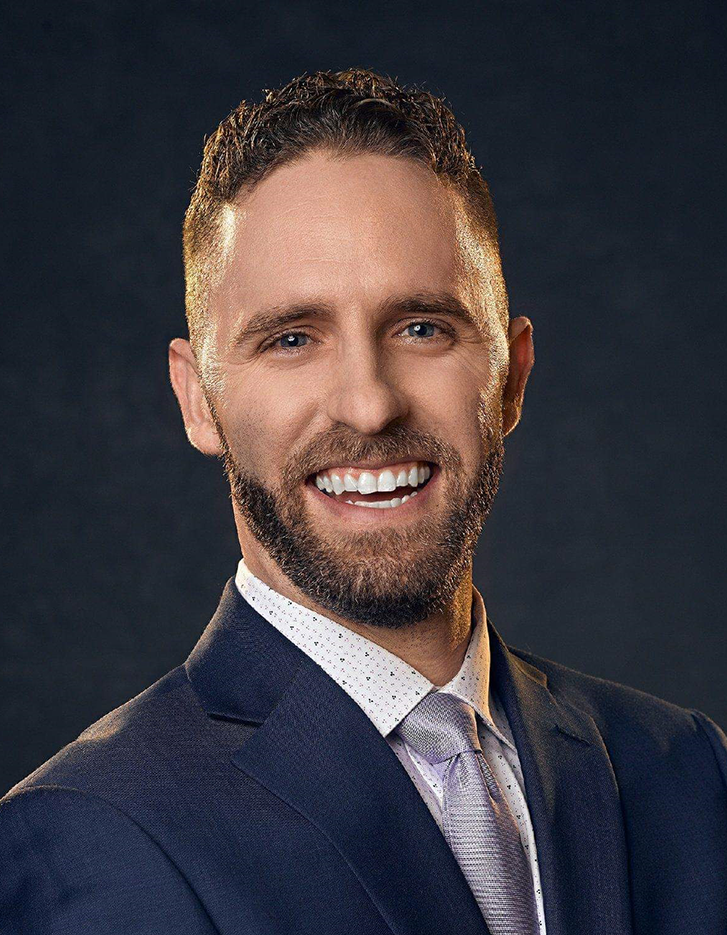
Sas
For Brian Sas, who coaches leaders around the world, there is no one-size-fits-all approach. Sas recently coached leaders from a Kuwait-based conglomerate in steel manufacturing, along with executives from a large publicly traded investment bank listed on the Kuwait stock exchange.
“When I coach international clients, the process doesn’t change, but I cater my approach to be mindful of cultural nuances and sensitivities,” he says. “The CLOE program has given me enhanced tools and techniques to meet an individual where they are in their career or life so that I can support their growth and help them take ownership of their personal development journey.”
Sas’ work also extends beyond traditional coaching. Through a collaboration with VRBuffalo LLC, he leverages immersive virtual reality technology to offer experiences outside of people’s comfort zones no matter where they are in the world.
From learner to mentor
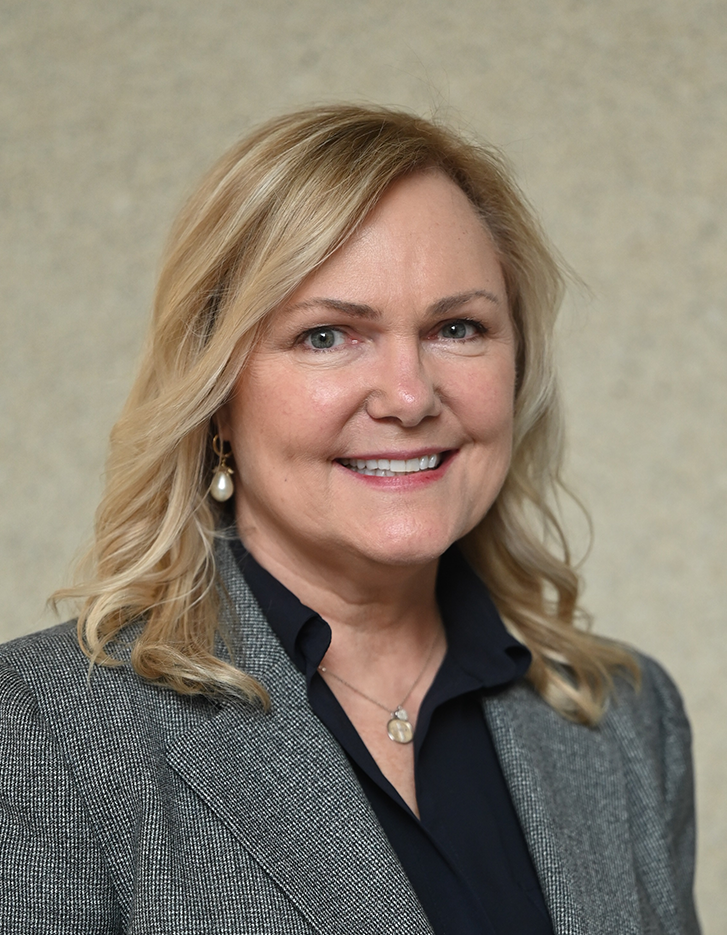
Szostak
This academic year brings the launch of the fifth cohort of the CLOE Leadership Coaching certification. In it, Sharon Szostak, a real estate professional with Samson Properties in Maryland, will join the growing list of coaches — including Kimsey-Sward, Hammett and Sas — who have earned certification and, in turn, paid it forward by becoming a mentor to the next cohort.
“Everyone needs a coach — corporate leaders, business owners, entrepreneurs, everyone,” says Szostak, who earned her certification earlier this year. “Coaching is a gift that I have benefited from, and I want to use it to help others reach their own objectives.”
To learn more and become a certified leadership coach, visit management.buffalo.edu/cloecoaching or contact mgt-cloe@buffalo.edu.

